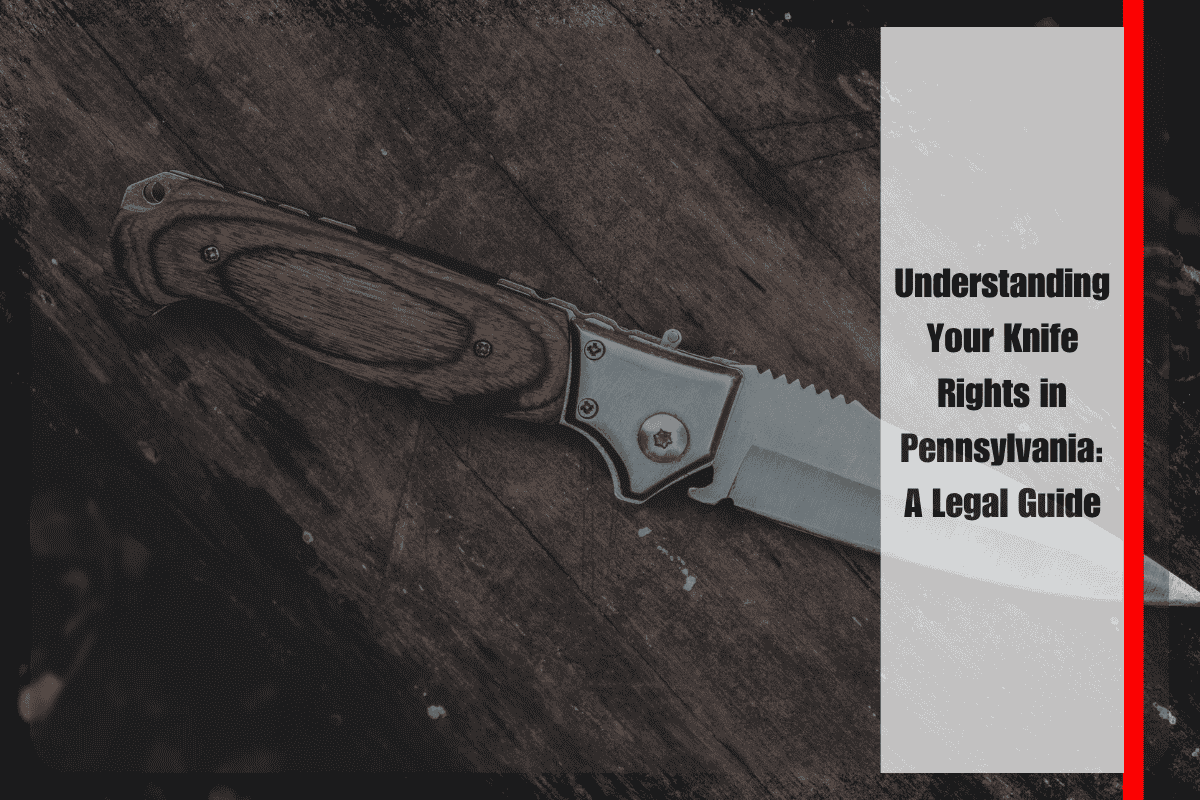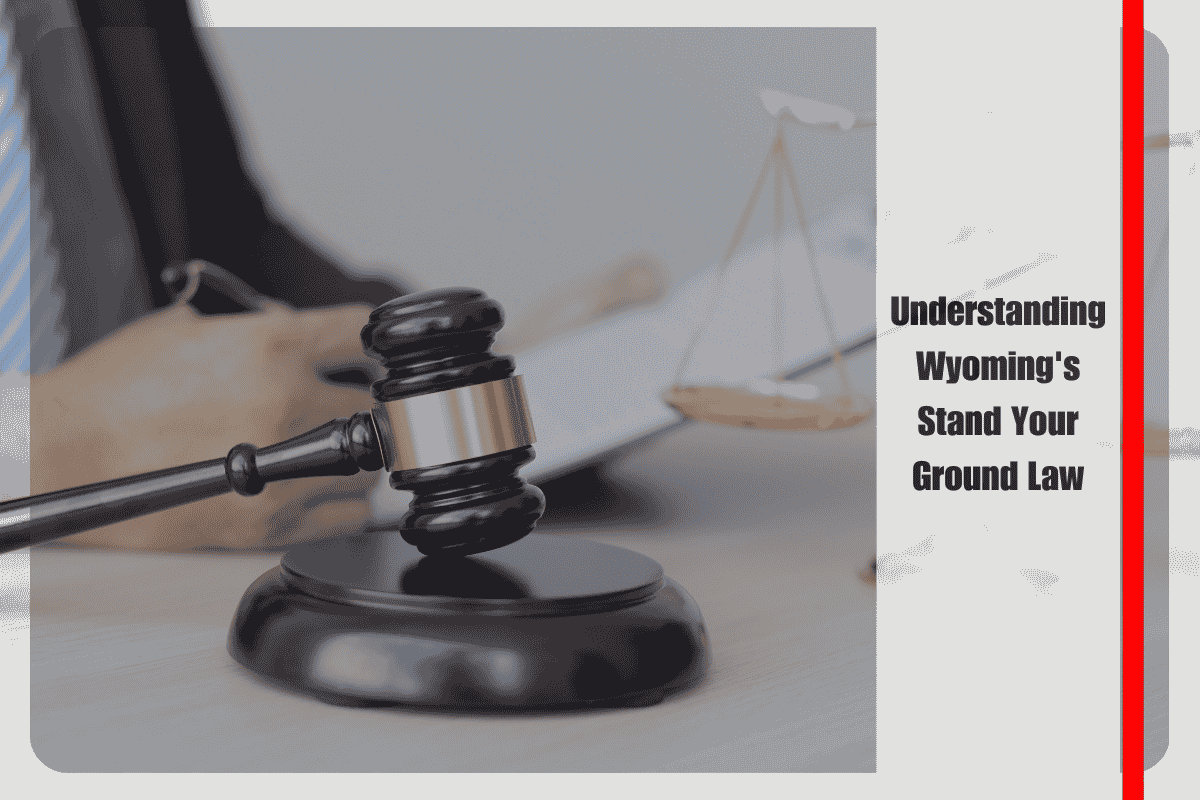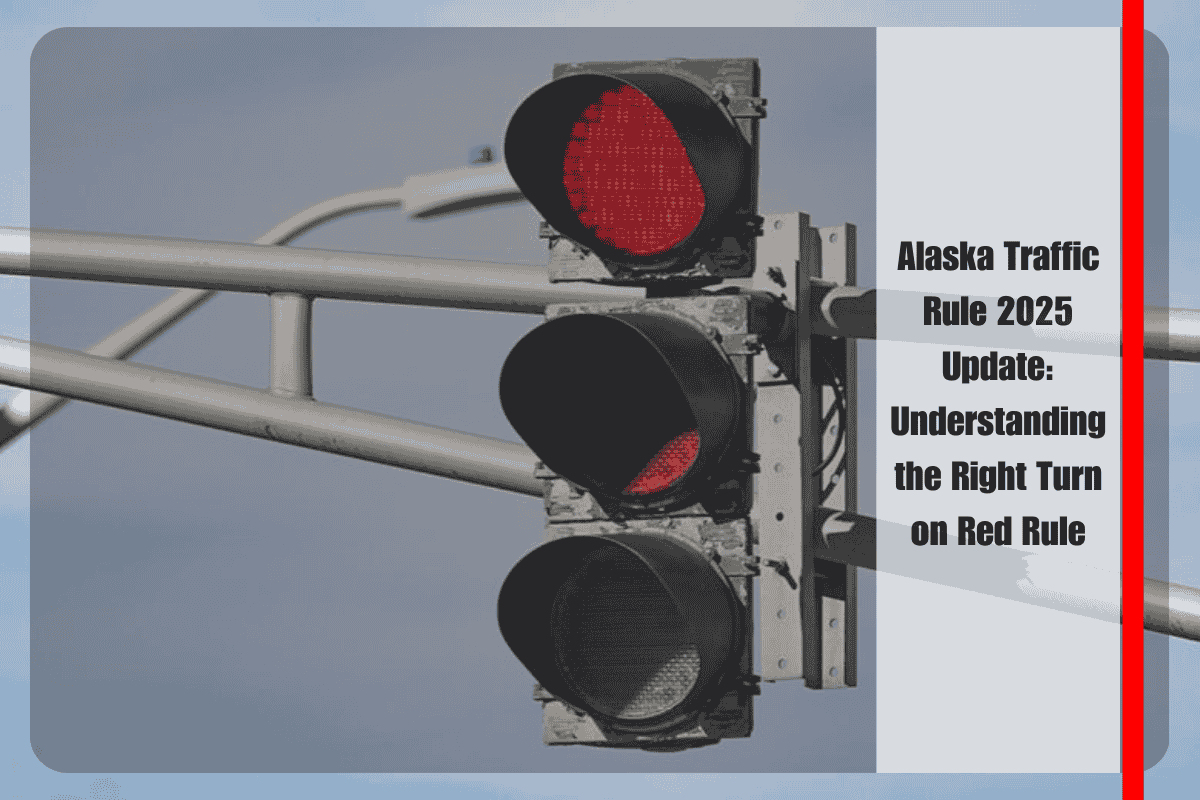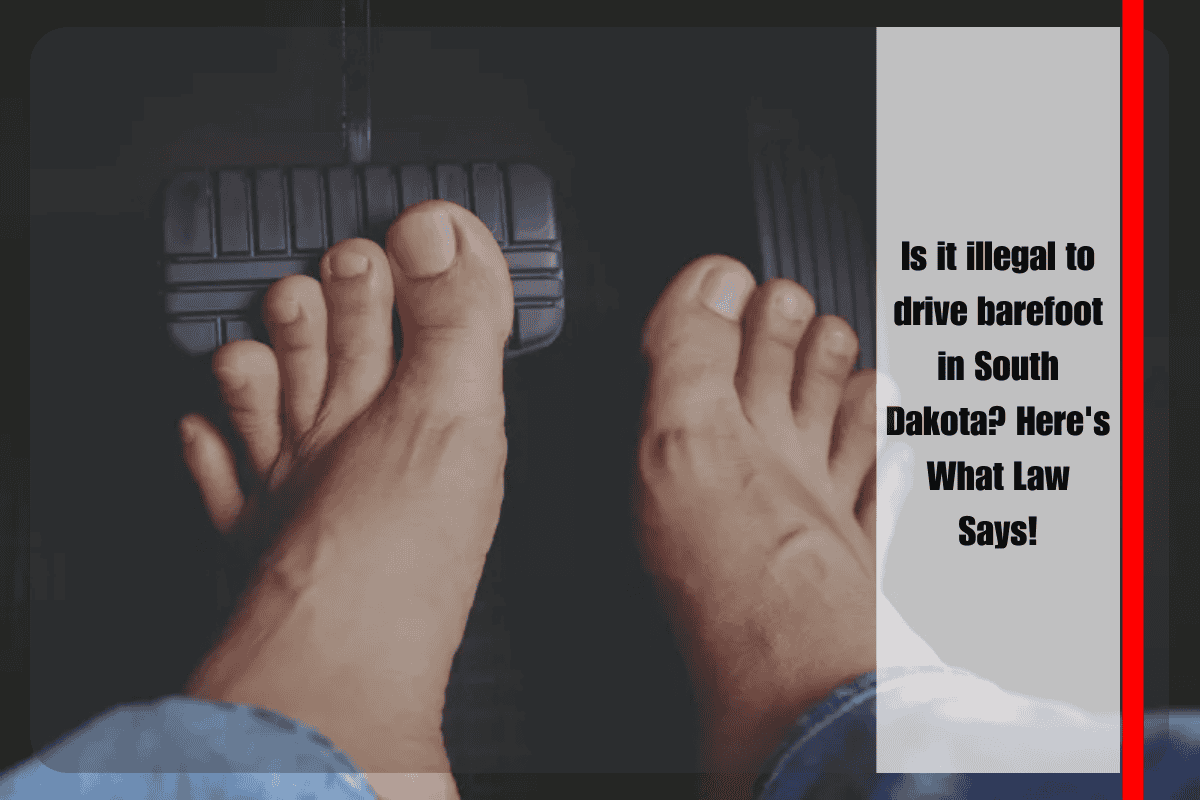If you are a knife owner or enthusiast in Pennsylvania, it’s important to understand the laws surrounding the ownership, carrying, and use of knives. Knife laws can be confusing, as they differ from state to state, and sometimes even vary between local areas within a state. This legal guide will help you understand your rights and responsibilities regarding knives in Pennsylvania, from what types of knives are legal to own to where and how you can legally carry them.
Types of Knives and Their Legal Status in Pennsylvania
In Pennsylvania, the legality of knives depends on the type of knife. Fixed-blade knives are generally legal to own and carry, with no specific restrictions, as long as the intent is not to use them as weapons. Folding knives, including pocket knives, are also legal to own and carry. However, if the blade is longer than 3 inches, restrictions can apply, especially in public spaces or when concealed. Switchblades or automatic knives are legal to own in Pennsylvania, but carrying them publicly is more complicated. You can own them, but in most cases, you need to be part of a specific group, such as law enforcement or military, to carry them in public without restriction. Large knives, such as Bowie knives, are legal to own, but carrying them in public without a valid reason can raise legal concerns. Having a large knife on your person in public could be seen as carrying it with intent to use it as a weapon, which is illegal.
Legal Restrictions on Carrying Knives in Pennsylvania
While owning knives is generally allowed in Pennsylvania, there are strict laws about carrying them, especially in public spaces. Carrying a concealed knife without a permit is illegal in Pennsylvania. If you are caught carrying a knife concealed, it could result in fines or jail time. Even if you own a knife legally, carrying it hidden in a pocket or bag without a proper permit is prohibited. In public spaces, carrying a knife is allowed as long as there is a legitimate reason for it, such as for work, outdoor activities, or self-defense. However, carrying a knife in situations where it may be considered a weapon—such as at a protest or in a potentially violent scenario—can lead to criminal charges. The law also prohibits carrying knives in specific places like schools, courthouses, airports, or government buildings. Carrying knives in these restricted areas can result in serious penalties. The context of your knife-carrying situation matters as well; if it’s clear you had the intent to use the knife as a weapon, you could face more severe charges.
Penalties for Violating Knife Laws in Pennsylvania
Penalties for violating Pennsylvania’s knife laws can vary depending on the nature of the violation. For minor offenses, such as carrying a concealed knife without a permit, you could face misdemeanor charges. A misdemeanor conviction could result in fines or up to a year in jail. If you are found guilty of more serious offenses, such as using a knife in the commission of a crime or carrying a knife with the intent to use it as a weapon, you could face felony charges. Felony convictions are more severe and can carry longer prison sentences and higher fines. Civil penalties could also apply, particularly in situations where local ordinances are violated, such as having your knife seized by authorities or being fined by the municipality.
How to Protect Your Knife Rights in Pennsylvania
To avoid legal trouble and protect your rights as a knife owner in Pennsylvania, it’s essential to stay informed about local laws. While state laws provide general guidelines, municipalities can have their own specific rules that may be stricter. Always check the laws in your area, especially before carrying a knife in public. Only carry knives when necessary for legitimate purposes, such as outdoor activities, work, or self-defense. Avoid carrying concealed knives unless you have the proper permit. Remember that certain knives may not be eligible for concealed carry, even with a permit. Be cautious when entering restricted areas like schools or airports, as knives are generally prohibited in these spaces. If you are ever unsure about whether you can legally carry a specific knife, it’s always best to leave it at home or seek legal advice.
Pennsylvania has clear laws about owning and carrying knives, but it’s important to understand the details. Many knives, including folding knives, fixed-blade knives, and large knives, are legal to own and carry, but there are specific rules and restrictions on how and where they can be carried. Understanding the regulations about concealed carry, restricted areas, and the legal definitions of intent will help you avoid legal trouble. By being aware of the law and carrying your knives responsibly, you can enjoy your rights as a knife owner in Pennsylvania without risking penalties or criminal charges.
Sources
[1] https://tkellknives.com/knife-laws-in-pa-understanding-pennsylvanias-carry-regulations/
[2] https://nobliecustomknives.com/us-knife-laws/pennsylvania-knife-laws/
[3] https://www.akti.org/circumstances-of-possession/
[4] https://blog.knife-depot.com/pennsylvania-repeals-ban-on-switchblades/
[5] https://www.pittsburghcriminalattorney.com/pennsylvania-knife-laws/












